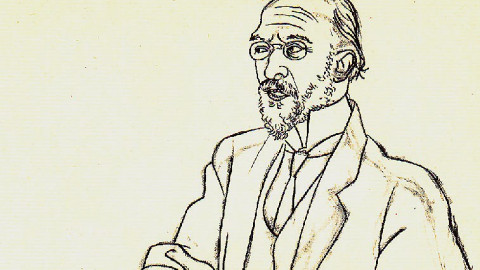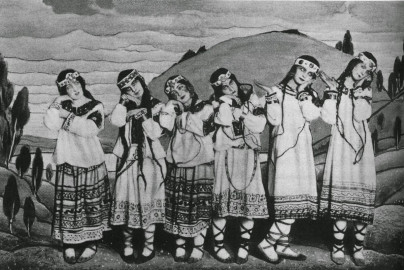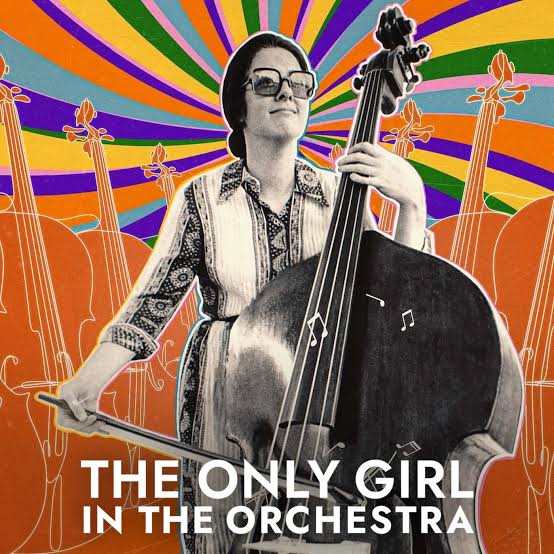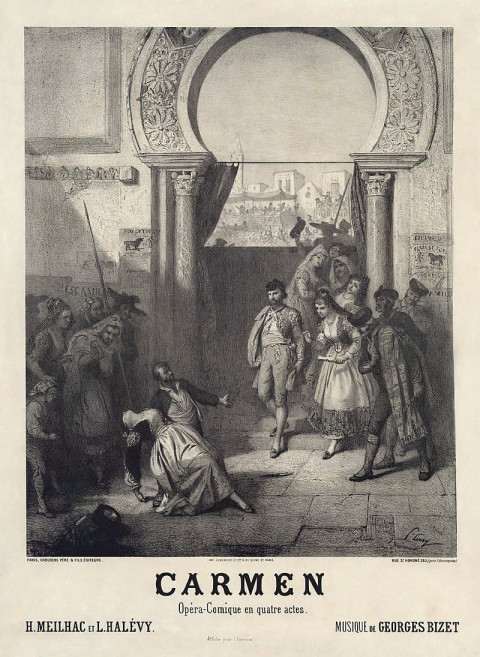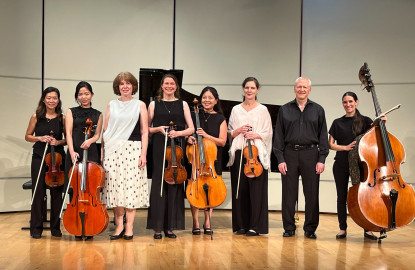
Illinois Chamber Music Festival Returns for 23rd Year
We sat down with Dr. Lisa Nelson, co-founder and executive director of the Illinois Chamber Music Festival held annually at Illinois Wesleyan University. Now in its 23rd year, the festival offers high school and college students the chance to immerse themselves in chamber music-making, with daily coachings, rehearsals, lessons, masterclasses, electives in music theory and history, and performances by world-class faculty. Read on to learn more about the festival, which runs July 13 to August 1.


